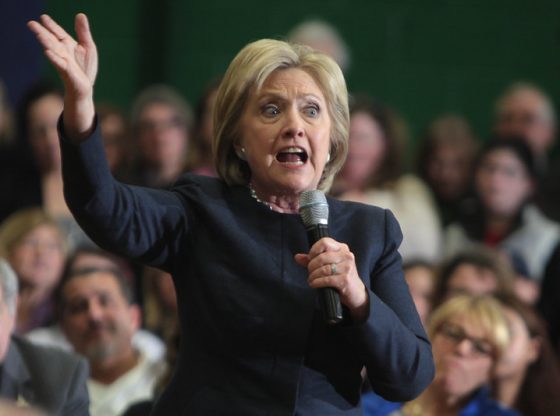Perkins Coie partner Marc Elias and other attorneys were sanctioned by the Fifth Circuit Court of Appeals in regards to a Texas election law they attempted to challenge going into last year’s presidential election. Elias has represented Democrat organizations like the Democratic National Committee and Democratic Congressional Campaign Committee. Perkins Coie and Elias gained national notoriety for their connection to the 2016 Clinton campaign and their role in hiring the research firm that later hired Christopher Steele to conduct opposition research that produced the infamous dossier on alleged Trump campaign ties to Russia during the 2016 election.
The election case centers on a Texas law barring “straight-ticket voting.” On Feb. 10, Elias and other attorneys filed a motion to supplement the record in the case but conveniently left out the fact that they had already filed a “nearly identical” motion in September 2020 that had been denied.
Fox News reports:
“This inexplicable failure to disclose the earlier denial of their motion violated their duty of candor to the court,” the Fifth Circuit said in an order dated March 11. The court went on to say that “[s]anctions are warranted in this case to deter future violations.”
Perkins Coie stood by their attorneys in the face of the sanctions.
“We do not normally respond to requests for comment on pending litigation, but the Firm and the attorneys involved in this matter strongly disagree with the Appellate Court’s ruling and its order of sanctions in this case,” a firm spokesperson said in a statement to Fox News. “The Firm fully and completely supports our attorneys in this case.”
Texas Attorney General Ken Paxton celebrated the court’s ruling, saying in a statement that “Perkins Coie cannot continue to mislead the Court, especially in a matter as important as election integrity.”
Sanctions include “reasonable attorney’s fees and court costs” that the other side incurred related to the February motion, as well as “double costs.” The attorneys are also encouraged to review the Model Rules of Professional Conduct, and to go through one hour of Continuing Legal Education related to ethics and professionalism, “specifically candor with the court.”











